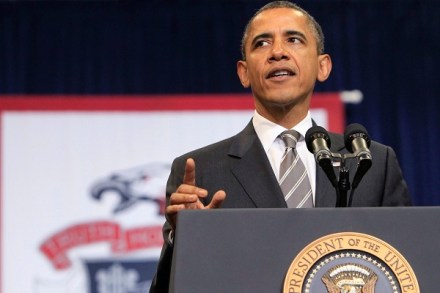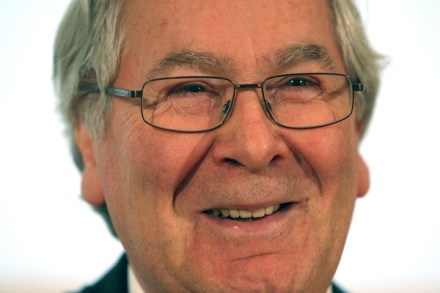My advice to the BBC’s new DG
The job of George Entwistle, the new Director General of the BBC, will be to manage a gentle decline, rather than hurtling with great enthusiasm towards a state of inexistence. A very ticklish balance needs to be maintained on the issue of the BBC’s moral cross subsidisation – that is, the extent to which the corporation justifies its &”special” existence by doing intelligent and worthy programming which nobody else does and which pulls in few viewers, and the extent to which it justifies its mass appeal by broadcasting cretinous pap which every other broadcaster can do and which drags in lots of viewers. Good luck with that one. My own

















